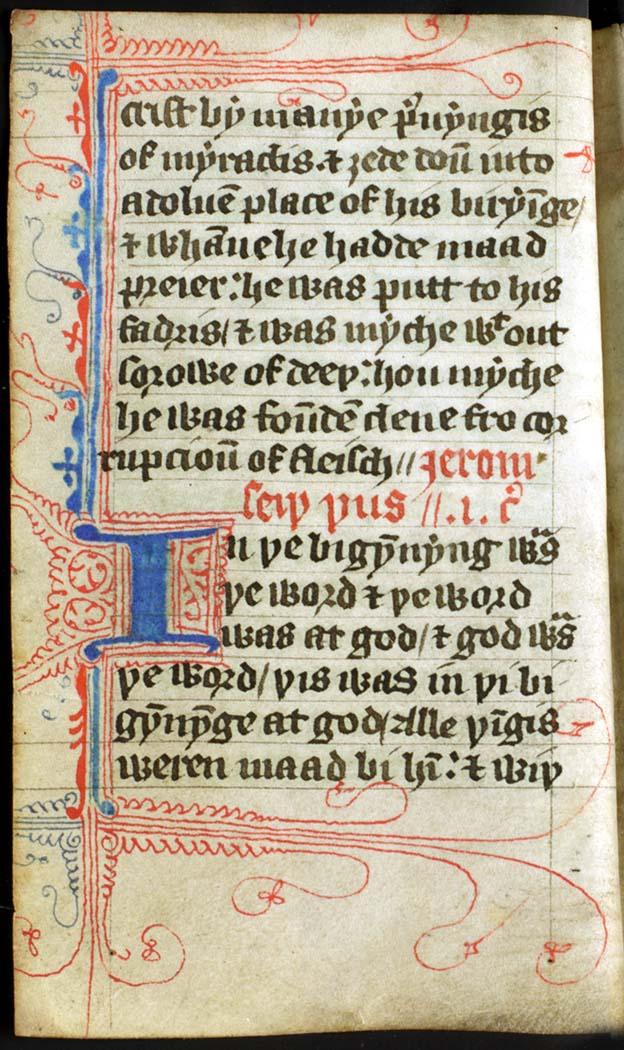1599 Geneva Bible (GNV)
The Geneva Bible: A Cornerstone of English Protestantism A Testament to Reform The 1599 Geneva Bible... Read More
The Wycliffe Bible, a collection of Middle English Bible translations produced under the influence of John Wycliffe, marks a pivotal moment in the history of English Christianity. Appearing between approximately 1382 and 1395, it was the first known attempt to translate the entire Bible into English. This groundbreaking work challenged the medieval Church's monopoly on Scripture, paving the way for greater biblical literacy among the common people.
John Wycliffe, a renowned Oxford theologian and philosopher, was a vocal critic of the Catholic Church's corruption and abuses. He believed that the Bible should be accessible to everyone, not just the clergy. Wycliffe's conviction that the Scriptures were the ultimate authority led him to champion the cause of vernacular translation. While it's uncertain whether he personally translated the Bible, his influence and support were instrumental in its creation.
Wycliffe's followers, known as Lollards, played a crucial role in disseminating the Wycliffe Bible. These dedicated individuals transcribed and copied the manuscript, risking persecution and imprisonment. Despite the Church's opposition, the Lollards were remarkably successful in their efforts, ensuring that the Bible reached a wider audience.

The Wycliffe Bible was not without its critics. Many scholars argue that the early versions were overly literal and often difficult to understand. The translation process was based on the Latin Vulgate, which itself contained textual variations and inconsistencies. Additionally, the Church vehemently opposed the Wycliffe Bible, viewing it as a threat to its authority and control over the people.
Despite the challenges it faced, the Wycliffe Bible left an enduring legacy. It laid the foundation for subsequent English Bible translations, including the influential King James Version. By making the Scriptures accessible in the vernacular, the Wycliffe Bible empowered individuals to interpret the Bible for themselves, fostering a spirit of independent inquiry and religious devotion.
Today, the Wycliffe Bible is primarily studied by scholars and biblical historians. Modern English translations have made the Bible far more accessible and readable, but the Wycliffe Bible remains a significant historical document. Its story serves as a reminder of the struggles faced by those who sought to bring the Word of God to the people and the enduring power of the human desire to connect with the divine through Scripture.